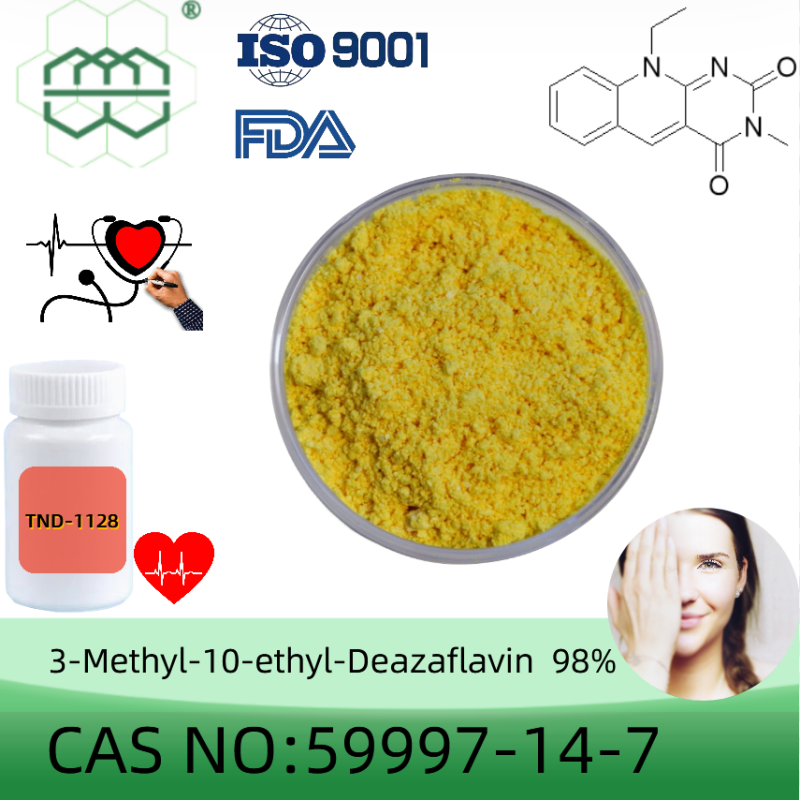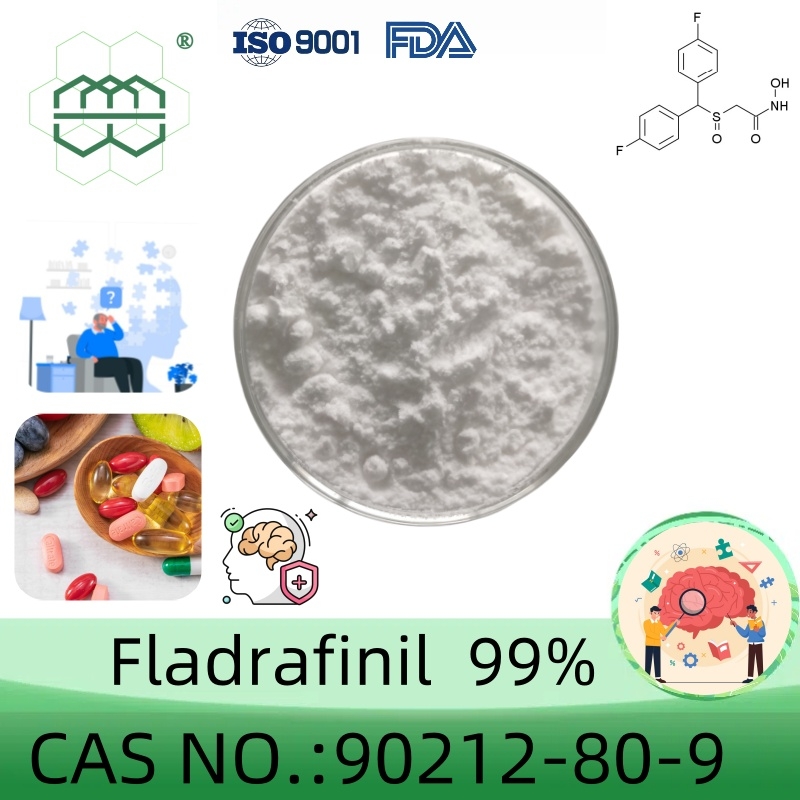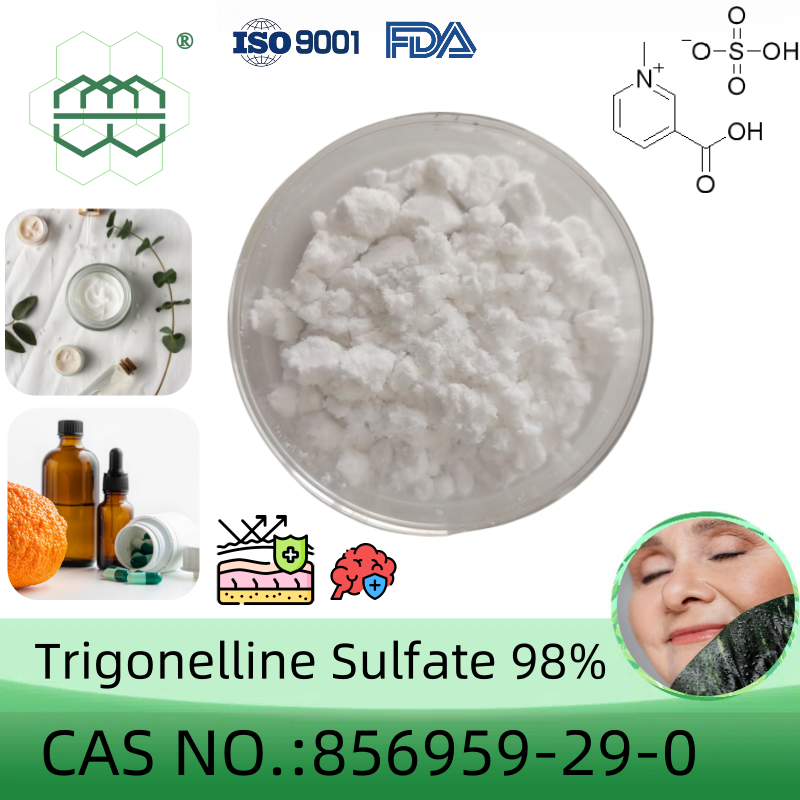-
Categories
-
Pharmaceutical Intermediates
-
Active Pharmaceutical Ingredients
-
Food Additives
- Industrial Coatings
- Agrochemicals
- Dyes and Pigments
- Surfactant
- Flavors and Fragrances
- Chemical Reagents
- Catalyst and Auxiliary
- Natural Products
- Inorganic Chemistry
-
Organic Chemistry
-
Biochemical Engineering
- Analytical Chemistry
-
Cosmetic Ingredient
- Water Treatment Chemical
-
Pharmaceutical Intermediates
Promotion
ECHEMI Mall
Wholesale
Weekly Price
Exhibition
News
-
Trade Service
A new study suggests that diets high in salt increase stress levels
.
In studies on mice, scientists found that a high-salt diet increased levels of stress hormones by 75 percent
.
Experts hope the findings will encourage a re-examination of public health policies regarding salt consumption, leading manufacturers to reduce salt content
in processed foods.
The recommended salt intake for adults is less than 6 grams per day, but most people usually eat about 9 grams
.
This can lead to an increase in blood pressure and an increased risk of
heart disease, stroke and vascular dementia.
While the effects of a high-salt diet on the heart and circulatory system are well documented, little is known what effect
a high-salt diet has on a person's behavior.
To investigate this, experts from the University of Edinburgh used mice on a normally low-salt diet, giving them a high-salt diet to reflect typical human intake
.
They found that not only did stress hormone levels increase at rest, but these mice responded twice as well to environmental stress as normally eating mice
.
Salt intake increases the activity of genes in the brain that produce proteins that control the body's response
to stress.
Experts say further research is underway to see if high salt intake leads to other behavioral changes
such as anxiety and aggression.
The study was published in the journal Cardiovascular Research
.
The study was funded
by the British Heart Foundation and the British Kidney Institute.
Matthew Bailey, professor of renal physiology at the University of Edinburgh's Centre for Cardiovascular Sciences, said: "We eat what we are and understanding how high-salt foods can alter our mental health is an important step
in improving wellbeing.
" We know that eating too much salt can damage our heart, blood vessels, and kidneys
.
This study now tells us that high salt in food can also change the way
our brains handle stress.
”
Journal Reference:
Hannah M Costello, Georgios Krilis, Celine Grenier, David Severs, Alicja Czopek, Jessica R Ivy, Mark Nixon, Megan C Holmes, Dawn E W Livingstone, Ewout J Hoorn, Neeraj Dhaun, Matthew A Bailey.
High salt intake activates the hypothalamic– pituitary– adrenal axis, amplifies the stress response, and alters tissue glucocorticoid exposure in mice.
Cardiovascular Research, 2022; DOI: 10.
1093/cvr/cvac160







